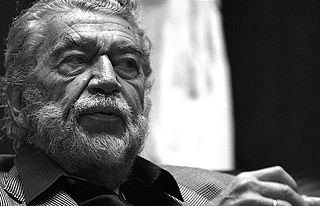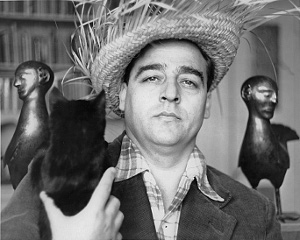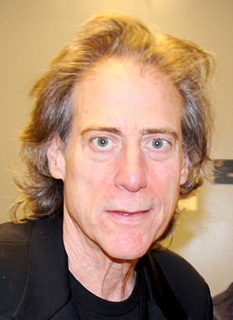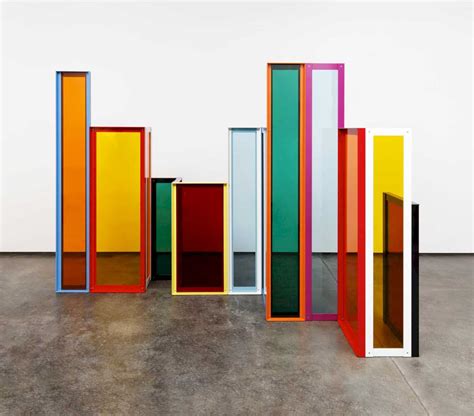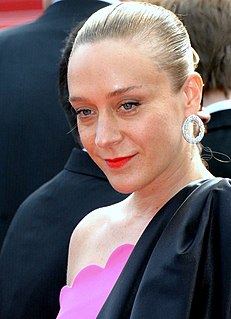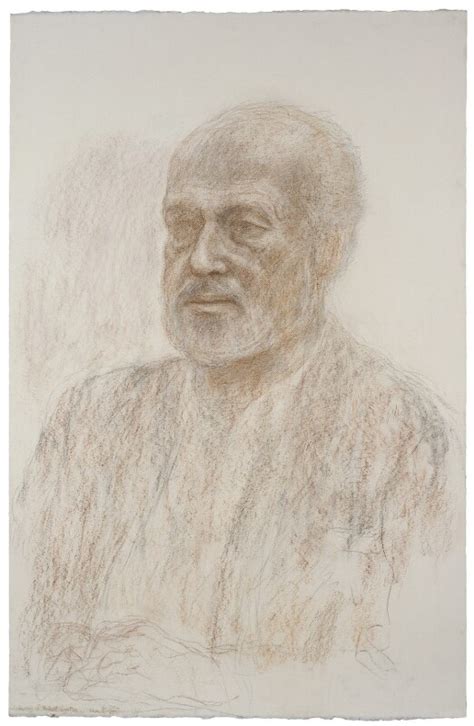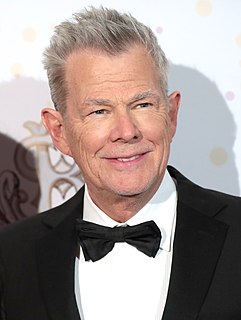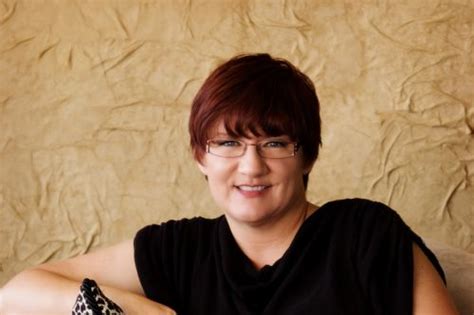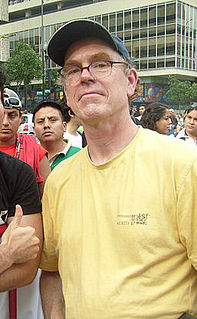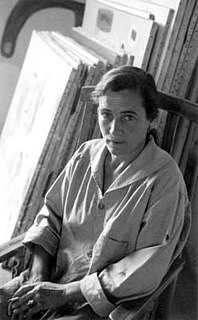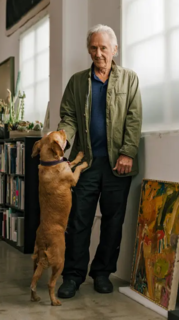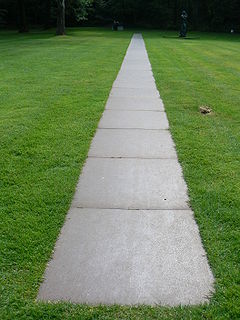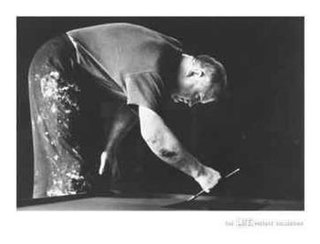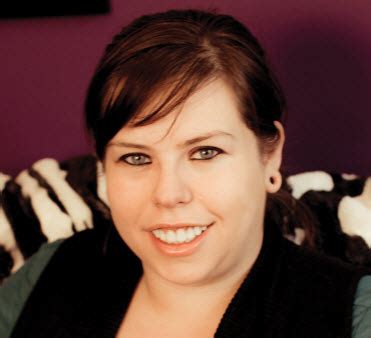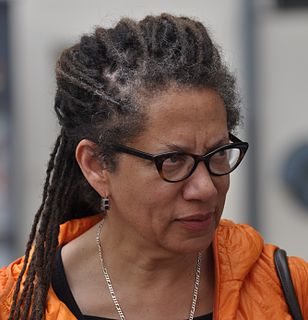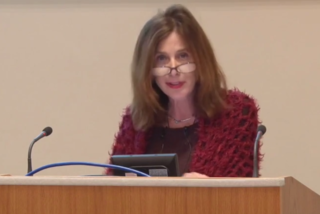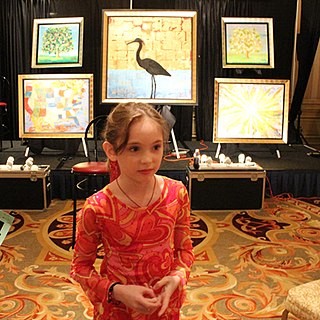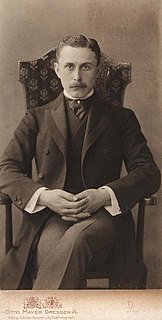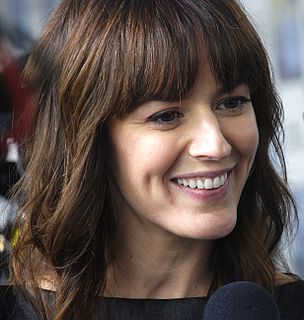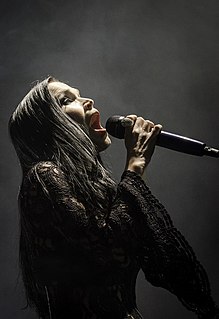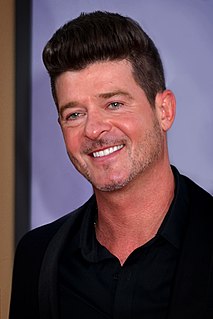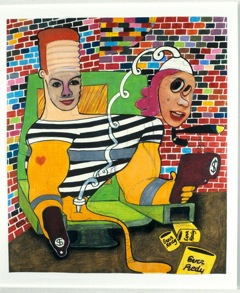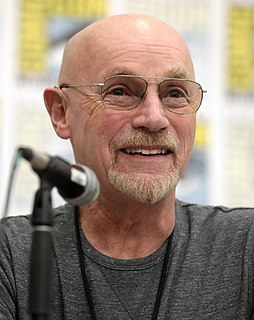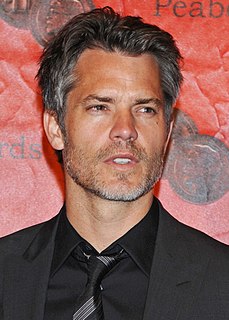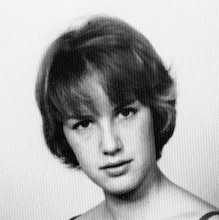Top 1200 Art Of Writing Quotes & Sayings - Page 19
Explore popular Art Of Writing quotes.
Last updated on April 19, 2025.
The art of the novel, however, has fallen into such a state of stagnation - a lassitude acknowledged and discussed by the whole of critical opinion - that it is hard to imagine such an art can survive for long without some radical change. To many, the solution seems simple enough: such a change being impossible, the art of the novel is dying.
I don't consider myself to be a painter. I think of myself as someone who has used the medium of painting in an attempt to extend - give an extra dimension to - the medium of words. It happens very often my writing with a pen is interrupted with my writing with a brush - but I think of both as writing.
Nature is a greater and more perfect art, the art of God; though, referred to herself, she is genius; and there is a similarity between her operations and man's art even in the details and trifles. When the overhanging pine drops into the water, by the sun and water, and the wind rubbing it against the shore, its boughs are worn into fantastic shapes, and white and smooth, as if turned in a lathe. Man's art has wisely imitated those forms into which all matter is most inclined to run, as foliage and fruit.
I found that life intruding on writing was, in fact, life. And that, tempting as it may be for a writer who is a parent, one must not think of life as an intrusion. At the end of the day, writing has very little to do with writing, and much to do with life. And life, by definition, is not an intrusion.
If you want to devote yourself to the arts, you'd better do it strictly from passion, because there is zero guarantee that you'll get anywhere. The hardest thing is dealing with business people who have nothing to do with your art. They could care less that you're up at 4:30 in the morning writing a joke. Don't expect any sympathy from anybody.
One of the crucial underpinnings of New York as a culture capital is that there are multiple markets. There is not just one art gallery district, there are several art gallery districts. I feel that there should be art galleries and art studios in every neighborhood without exception. They should be integrated into the social and physical fabric of the streets. If we want a lively city, we can't just have high towers and dense constructions, we have to have living organisms of streets and neighborhoods. And the arts are a crucial part of that.
People think that the art market is about opportunists and hedge-fund managers getting broken art, but what really happened is that there was a new configuration of bourgeois values in the U.S. and an acceptance among the bourgeoisie of contemporary art as an idea. I think that bourgeois people are horrible.
Art is the heart's explosion on the world. Music. Dance. Poetry. Art on cars, on walls, on our skins. There is probably no more powerful force for change in this uncertain and crisis-ridden world than young people and their art. It is the consciousness of the world breaking away from the strangle grip of an archaic social order.
Growing up I was very into art. In high school I was into the surrealists and impressionists, and I loved Klimt. In '91 or '92 I saw one of those Felix Gonzalez-Torres Untitled billboards. I was just really arrested by it. It was kind of my first foray into contemporary art. It was a turning point for me as to what art could be and what it meant and the impact it could have.
All human action is expressive; a gesture is an intentionally expressive action. All art is expressive - of its author and of the situation in which he works - but some art is intended to move us through visual gestures that transmit, and perhaps give release to, emotions and emotionally charged messages. Such art is expressionist.
It seems like the big difference between good art and so-so art lies somewhere in the art's heart's purpose, the agenda of the consciousness behind the text. It's got something to do with love, with having the discipline to talk out of the part of yourself that can love instead of the part that just wants to be loved.
I know well enough that very few people who are supposedly interested in writing are interested in writing well. They are interested in publishing something, and if possible in making a "killing." They are interested in being a writer not in writing. . . If this is what you are interested in, I am not going to be much use to you.
Writing is transcendental. It is a form of expression, a form of art that you can take anywhere. That you can do anywhere. It poses the deepest questions in the universe. It generates emotion. It elicits empathy, promotes learning, creates an intellect you simply cannot get from any other medium. For me, it is air.
'Untitled' is a time machine that can transport you to 1992, an edgy moment when the art world was crumbling, money was scarce, and artists like Tiravanija were in the nascent stages of combining Happenings, performance art, John Cage, Joseph Beuys, and the do-it-yourself ethos of punk. Meanwhile, a new art world was coming into being.
I've been writing for a long time, since the late '60s. But it hasn't been in the same form. I used to write scripts for television. I wrote for my comedy act. Then I wrote screenplays, and then I started writing New Yorker essays, and then I started writing plays. I didn't start writing prose, really, until the New Yorker essays, but they were comic. I didn't start writing prose, really, until the '90s. In my head, there was a link between everything. One thing led to another.
Traditional Chinese art looked at the Earth from a Confucian mountain top; Japanese art looked closely around screens; Italian Renaissance art surveyed conquered nature through the window or door-frame of a palace. For the Cro-Magnons, space is a metaphysical arena of continually intermittent appearances and disappearances.
I didn't know how story worked. So, when writing the screenplay, people introduced me to the science of it. And I'm grateful. I'll probably use that information for the rest of my career, in terms of writing novels or writing stories. And then, of course, to help me live a better story, a more meaningful story
The main rule of writing is that if you do it with enough assurance and confidence, you’re allowed to do whatever you like. (That may be a rule for life as well as for writing. But it’s definitely true for writing.) So write your story as it needs to be written. Write it honestly, and tell it as best you can. I’m not sure that there are any other rules. Not ones that matter.
I never expected to sell my art. It wasn't like today where you come out of art school and they promise you a future. Now it's almost regulated in a way. When we came out of school, we just wanted to make art that'd blow your hair back and do it for sport. There was no commercial possibility that we saw.
Art on the contrary sought this harmony in practice [of art itself]. More and more in its creations it has given inwardness to that what surrounds us in nature, until, in Neo-Plasticism, nature is no longer dominant. This achievement of balance may prepare the way for the fulfillment of man and signal the end of (what we call) art.
What the art historians had forgotten is that in Chinese, Japanese, Persian, and Indian art, they never painted shadows. Why did they paint shadows in European art? Shadows are because of optics. Optics need shadows and strong light. Strong light makes the deepest shadows. It took me a few years to realize fully that the art historians didn't grasp that. There are a lot of interesting new things, ideas, pictures.
The craft of writing is all the stuff that you can learn through school; go to workshops and read books. Learn characterization, plot and dialogue and pacing and word choice and point of view. Then there's also the art of it which is sort of the unknown, the inspiration, the stuff that is noncerebral.
So the aim for the press was a mixture of things: to publish under-represented writing, which is an intersection of original language, style, content, and often its author's gender. To publish it properly, in a way that makes it clear that this is art, not anthropology. To spotlight the importance of translation in making cultures less dully homogenous.
There is no theory. You have only to listen. Pleasure is the law. I love music passionately. And because l love it, I try to free it from barren traditions that stifle it. It is a free art gushing forth, an open-air art boundless as the elements, the wind, the sky, the sea. It must never be shut in and become an academic art.
I started a writing class, not in service of writing a script or writing anything specific. I've just really been enjoying that, and oddly the group, not by design, but it just happened to be all women, and there were three women who gave birth this fall while we were all in class, and there's just something really great about getting to know these women through their stories and what they're writing about.
When I wrote for Jordan Knight, I was 17 or 18, they were pretty much the only songs I was writing. By the time people like Christina or Usher came around, I was able to know that I was writing for different points of view and people that might not want to say certain things. So you have to be considerate of whichever artist you're writing for.
[Kurt] Vonnegut was a writer whose great gift was that he always seemed to be talking directly to you. He wasn't writing, he wasn't showing off, he was just telling you, nobody else, what it was like, what it was all about. That intimacy made him beloved. We can admire the art of John Updike or Philip Roth, but we love Vonnegut.
Such is the art of writing as Dreiser understands it and practices it--an endless piling up of minutiae, an almost ferocious tracking down of ions, electrons and molecules, an unshakable determination to tell it all. One is amazed by the mole-like diligence of the man, and no less by his exasperating disregard for the ease of his readers.
When I started in the comic book business, 'Art Of' books were strictly the provenance of the greats, like Rembrandt and Da Vinci. But times change, and so do attitudes. Now the comic is considered an art form, and I hope 'A Life in Words and Pictures' contributes a little to that art form's history.
I was a Fine Art major. You do a bit of everything until the final year, when you specialise. I did pencil drawing and sculpture. It's a pretty well-rounded fine art education. I thought that it was viable option to make a living out of art. I'm not sure if I was thinking realistically; maybe I never was. But it had great appeal.
